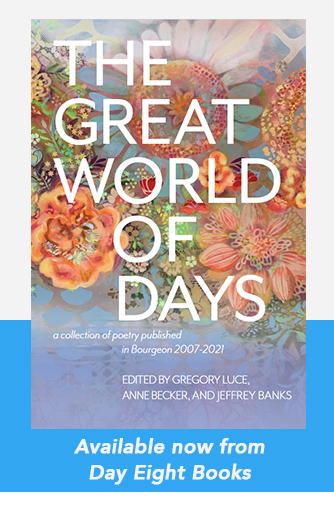This article was a finalist in the 2023 DC College Student Arts Journalism Competition. It was originally published in the Howard University News Service.
Misty Copeland makes her highly anticipated return to the stage in the independently produced short film titled “Flower,” which she discussed recently after a screening in the Ira Aldridge Theatre at Howard University.
Hosted by Phylicia Rashad, dean of the Chadwick A. Boseman College of Fine Arts, the discussion also featured Copeland’s producing partner, Leyla Fayyaz, and other Howard deans, who explored issues highlighted in the film.
Premiered at the Tribeca Film Festival, the film brings attention to the issues of intergenerational equity in American communities, while captivating the audience with immersive dance performances. “Flower” features groundbreaking choreography by Alonzo King and Rich+Tone. It also includes a musical score composed by Grammy Award-winning artist Raphael Saadiq. Lauren Finerman is the director, and Ryan Carmody is the cinematographer. Nelson George, who conceived the idea with Copeland, is the executive producer.
A wordless narrative, “Flower” features Copeland in her acting debut portraying Rose, a young woman who has put her dreams on hold to care for her mother as she grapples with dementia. Rose also deals with the challenges of preserving her childhood home while witnessing gentrification wipe out her neighborhood. The film features self-taught professional dancer Babatunji Johnson and former principal ballerina Christina Johnson.
“Flower” is the first project from Life in Motion Productions, which was founded by Copeland and Fayyaz, an Emmy Award-winning dancer-turned-producer and writer. The lifelong friends, who met while teenagers at the American Ballet Theatre, started the production company to engage audiences and bring attention to significant social issues. Through movement and dance, the 28-minute film serves as a tribute to community and raises awareness about the housing crisis affecting many areas.
Best known for her groundbreaking achievement in 2015 as the first Black principal dancer in the American Ballet, Copeland faced housing instability during her formative years.
“People see me dancing on stage at opera houses without realizing the situation I come from,” Copeland said. During the screening, she shared that she spent much of her youth relying on the kindness of friends, family and neighbors, as she moved through various temporary living situations.
Fayazz adds that it’s vital to “remember the base you were given and let it set means for inspiration.” As a first-generation American with parents who had to start from scratch upon moving to the United States, she emphasized that strong roots can fuel creativity.
Despite the challenges of starting production during the COVID-19 pandemic, the film provided employment opportunities for those who were out of work. Filmed in Oakland, California, the cast and crew were predominantly composed of people of color, Fayyaz said.
Showcasing dancers of color sends a message that individuals from varying racial and ethnic backgrounds are not only valued but also embraced as contributors of the artistic community, the producers said.
“Flower” draws influence from Black silent films of the 1920s. While almost entirely silent, the project empowers those without a voice. Those who are often overlooked hold immense significance, Copeland emphasizes.
In a brief portion of the film, residents of encampments share their personal stories. This segment is shot in documentary style and stands out from the rest of the film. The producing duo saw this decision as a powerful way to convey the unique perspectives and challenges of individuals who are unhoused.
As the rising cost of rent has made housing unaffordable for people of all ages, the fear of becoming suddenly unhoused has become increasingly common.
“It’s important to show the face of these issues,” Copeland says.

Ebenezer Nkunda is a senior at Howard University, where she is pursuing a degree in Journalism with a minor in French. While studying at Howard, she has contributed to the Howard University News Service, specializing in arts and entertainment coverage that has reached national audiences. You can explore more of Ebenezers work on her website and stay updated by subscribing to her newsletter.


